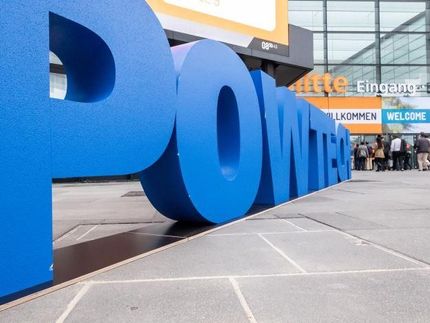AkzoNobel and Atul to set up Indian MCA partnership
AkzoNobel and Atul have announced their intention to jointly invest in the production of monochloroacetic acid (MCA) in India, which will include setting up a world class MCA plant at Atul's facility in Gujarat. Each partner will hold a 50 percent stake.
The partnership will build on Atul's status as a leading global supplier of the herbicide 2,4-D (which uses MCA as a key raw material), and AkzoNobel's leading global position in MCA market, with plants in the Netherlands, China, Japan and the US. The investment is subject to regulatory approvals and signing of final agreements.
"AkzoNobel is committed to organic growth and this cooperation will contribute to our vision of driving profitable growth in emerging markets, with a strong and established local partner in Atul," said Knut Schwalenberg, Managing Director of AkzoNobel's Industrial Chemicals business.
Added Sunil Lalbhai, Chairman and Managing Director of Atul: "We are extremely passionate about the 'Make in India' initiative led by our Honourable Prime Minister, Shri Narendra Modi, and are delighted to partner with AkzoNobel to bring state-of-the-art, eco-friendly technology for MCA to India from a world class company."
The partnership will use chlorine and hydrogen manufactured by Atul to produce the MCA, taking advantage of both Atul's existing infrastructure and the leading eco-friendly hydrogenation technology supplied by AkzoNobel. From an initial annual capacity of 32 kilotons at start-up, the plant has been designed for future expansion to 60 kilotons. The plant will produce enough MCA to meet the captive requirement of Atul; AkzoNobel will market the rest of it, primarily in India.
MCA is an essential building block in the chemical industry and is used in a wide variety of chemicals. For example, AkzoNobel customers use MCA to produce thickening agents for the food, oil, mining, personal care and detergent industries. The product is also used in agrochemicals, adhesives, pharmaceuticals, thermo-stabilizers, surfactants and cosmetics.
Topics
Organizations
Other news from the department business & finance

Get the chemical industry in your inbox
By submitting this form you agree that LUMITOS AG will send you the newsletter(s) selected above by email. Your data will not be passed on to third parties. Your data will be stored and processed in accordance with our data protection regulations. LUMITOS may contact you by email for the purpose of advertising or market and opinion surveys. You can revoke your consent at any time without giving reasons to LUMITOS AG, Ernst-Augustin-Str. 2, 12489 Berlin, Germany or by e-mail at revoke@lumitos.com with effect for the future. In addition, each email contains a link to unsubscribe from the corresponding newsletter.


























































